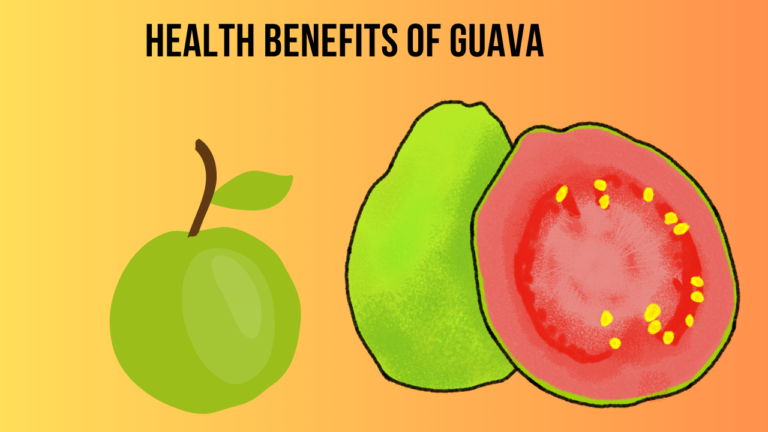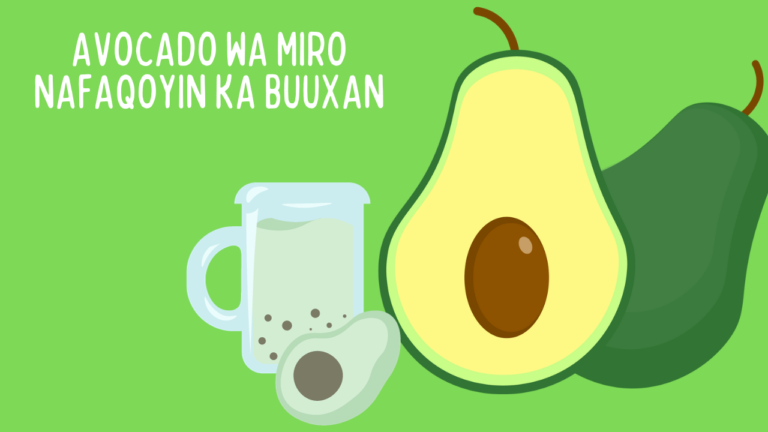Childhood Nutrition

Childhood nutrition is a crucial aspect of a child’s overall health and development. Proper nutrition during the early years is essential for growth, cognitive development, immune system function, and long-term health. Here are some key considerations for childhood nutrition:
1. Balanced Diet: Children need a variety of nutrients for optimal growth and development. a Balanced Diet Includes A Mix Of Carbohydrates, Proteins, Fats, Vitamins, And Minerals. Encourage a diverse range of foods, including fruits, vegetables, whole grains, lean proteins, and dairy products.
2. Caloric Needs: Children’s caloric needs vary based on age, sex, activity level, and individual growth rates. It’s important to provide enough calories to support growth without overfeeding, which can contribute to obesity.
3. Protein: Protein is crucial for the development of muscles, tissues, and organs. good Sources Of Protein Include Meat, Poultry, Fish, Eggs, Dairy Products, Legumes, And Nuts.
4. calcium And vitamin D: these Nutrients Are Essential For Bone Health And Development. Dairy products, leafy green vegetables, fortified foods, and exposure to sunlight are good sources of calcium and vitamin D.
5. Iron: Iron is important for cognitive development and preventing anemia. Good sources of iron include lean meats, poultry, fish, iron-fortified cereals, and legumes. vitamin C-Rich Foods Can Enhance Iron Absorption.
6. fruits And vegetables: these Are Rich In Vitamins, Minerals, Fiber, And Antioxidants. Encourage a variety of colorful fruits and vegetables to ensure a broad range of nutrients.
7. whole grains: whole Grains Provide Complex Carbohydrates, Fiber, And Essential Nutrients. examples Include Whole Wheat Bread, Brown Rice, Quinoa, And Oats.
8. Limit Sugars and Processed Foods: Excessive intake of added sugars and processed foods can contribute to health issues such as obesity and dental problems. Limit sugary snacks, sugary beverages, and highly processed foods.
9. Hydration: Proper hydration is essential for overall health. Water is the best choice for staying hydrated, and children should be encouraged to drink water throughout the day.
10. Mealtime Environment: Creating a positive mealtime environment fosters healthy eating habits. Sit down for family meals, limit distractions (such as screens), and encourage mindful eating.
11.Healthy Snacking: Provide nutritious snacks between meals, such as fruits, vegetables, yogurt, or nuts. Limit the availability of unhealthy snacks high in sugar and salt.
12. Food Allergies and Intolerances: Be aware of any food allergies or intolerances your child may have and take necessary precautions to avoid triggering foods.
It’s important to note that individual nutritional needs may vary, and consulting with a pediatrician or a registered dietitian can provide personalized guidance based on a child’s specific requirements and health status. Establishing healthy eating habits during childhood sets the foundation for a lifetime of good nutrition and overall well-being.





